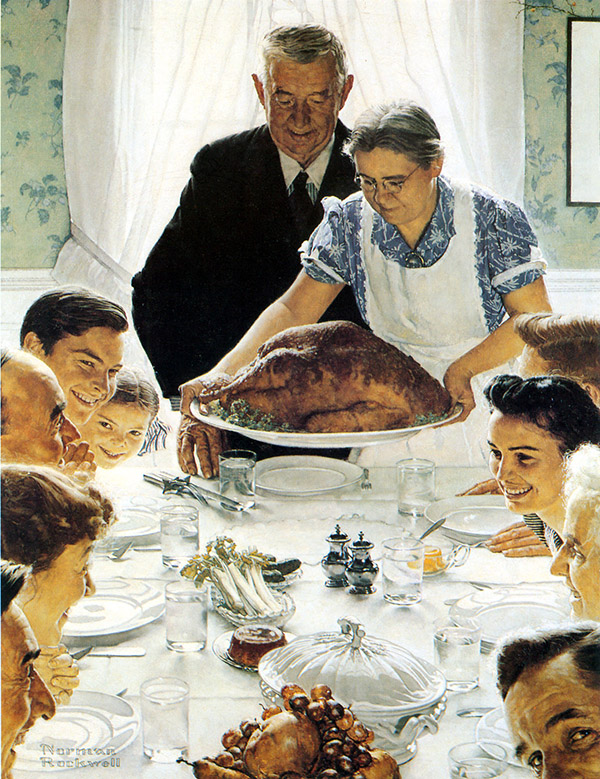On the plus side, I figured out the amusing meaning of the Korean word for “turkey”:
English? Chinese? No. No.
Strangely, even though the bird is native to North America, there is a Korean word for “turkey” that is neither a Chinese loan nor an English loan (by which I mean a Koreanization of our word “turkey”; it would sound something like “tuh-kee”). The Korean word for turkey is “
The Meaning
From comparing the Chinese characters, I see that “
I asked good old Mr. Google about seven-faced birds and he pointed me here: “Japanese turkeys have seven faces“.
So, there we have it: In Japanese and Korean, the bird we call “the turkey” is called “the seven-faced bird”. A website called Hiker’s Notebook claims that this odd name “is based the belief that the turkey changes its facial expression in concert with its emotional state.“Word History Speculation
I’m going to speculate that the Americans introduced turkey to Japan sometime after Admiral Peary opened the country in the 1850s, and when Japan started to exert economic, political, military, and cultural pressure on then-long-stagnant, increasingly-backwards Korea, from around the 1880s, this word (among many others) came with it. This seems to be a reasonable guess.
The Future of the Word for ‘Turkey’ in Korean
Knowing what I know of how Koreans are, though, I hereby predict that if turkey ever becomes popular in Korea, the English loan (“tuh-kee”) will quickly grow in popularity and either replace the old Japanese loan totally or find a way to co-exist with it. This has happened with chicken. The Korean word is “

